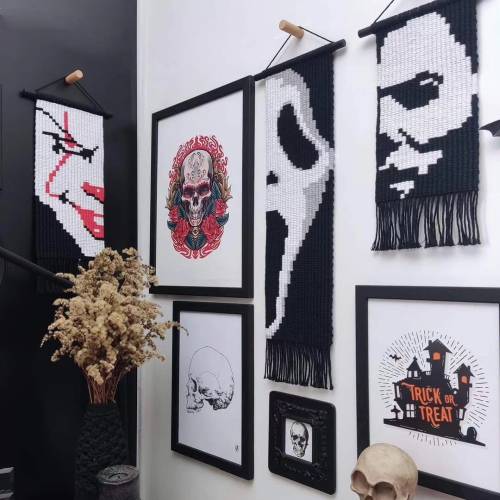If you’re considering getting a tattoo, consider many things before deciding. A tattoo is permanent, and the ink will always affect the skin around it. It can also affect how your tattoos heal and whether or not they look good after years of wear. For these reasons and others discussed below, it’s essential to do your research before getting a tattoo.
1. Know the Risks
There are certain risks associated with getting a tattoo, including infection, allergic reactions, and scarring. Before you get a tattoo, make sure you are aware of these risks and take steps to minimize them. Sometimes, you may have made the wrong decision about where to get your tattoo or what design to choose. If this is the case, you may need to get the tattoo removed, which can be costly and painful.
There are various ways to remove a tattoo, but not all are effective. Some people may also experience keloid scars, which are raised scars that can occur around the tattooed area. The cost to remove a tattoo can also depend on the type of tattoo, the age of the tattoo, and how many sessions it will take to remove it. Be sure to ask your artist about the ingredients in their inks before you get a tattoo.
2. Think About Placement
Where you place, your tattoo is just as important as what design you choose. Think about where you want the tattoo and how it will look in that placement. Consider placing it on your arm or leg if you want a visible tattoo. If you want a more discreet tattoo, you may want to put it on your back or chest. Remember that tattoos can stretch as you age, so placement is critical if you consider a large tattoo. For instance, a tattoo on your stomach may stretch and become distorted if you have children later in life. The same goes for tattoos on your breasts or buttocks.
3. Consider the Cost
Tattoos can be expensive, so be sure to factor the cost into your decision, so in case you need some extra money, you could check the Ethereum price or Bitcoin price, exchange them and get some extra cash.
The price of a tattoo will depend on the design’s size, placement, and complexity. It will likely be more expensive than a small, simple tattoo if you want a large or detailed tattoo. The cost of the tattoo is also affected by the artist’s skill and experience. If you want a high-quality tattoo, you should be prepared to pay more for it. Also, be sure to factor in the cost of aftercare, which includes products and regular doctor’s visits.
4. Choose an Experienced Artist
It’s essential to choose an experienced artist who is skilled in tattooing. Ask your friends or family for recommendations, or look for artists online. When you meet with an artist, look at their portfolio and ask about their experience. Also, be sure to ask about the sterilization procedures and how they prevent cross-contamination. Only get a tattoo from an artist who uses sterile needles and disposable gloves for your safety.
5. Review the Aftercare Instructions
After you get a tattoo, it’s essential to follow the aftercare instructions provided by your artist. These instructions will vary depending on your tattoo type and your skin’s natural healing process. Aftercare typically includes keeping the tattoo clean and moisturized and avoiding sun exposure. Be sure to ask your artist about specific aftercare instructions for your tattoo.
6. Expect Some Discomfort
Getting a tattoo can be painful, so be prepared for some discomfort. The pain will vary depending on the location of the tattoo and your pain tolerance. To help ease the pain, your artist may apply a numbing cream to your skin before they start tattooing. Even with numbing cream, you can expect to feel some pain during the tattooing process. After the tattoo is complete, your skin will likely be sore and tender. You can take over-the-counter pain medication to help relieve any discomfort.
7. Know the Healing Process
It’s important to know that tattoos take time to heal. The healing process can vary from person to person, but it typically takes about 4-6 weeks for a tattoo to heal completely. During the healing process, it’s essential to keep the tattoo clean and dry. You should also avoid scratching or picking at the tattoo, as this can cause infection or scarring. As your tattoo heals, you may notice some itchiness or flaking. This is normal and will subside as the tattoo heals. If you experience any redness, swelling, or other concerning symptoms, contact your doctor.
Getting a tattoo is a big decision, so be sure to do your research before taking the plunge. These are just a few things to consider before you get a tattoo. Be sure to choose an experienced artist, review the aftercare instructions, and expect some discomfort during the tattooing process. Knowing what to expect will help you have a positive experience with your new tattoo.


